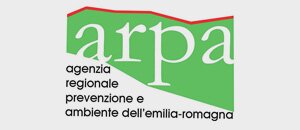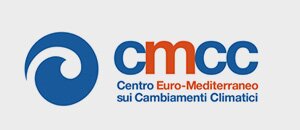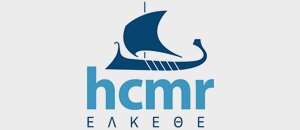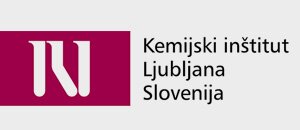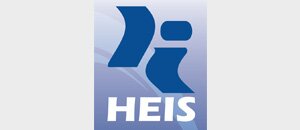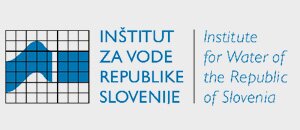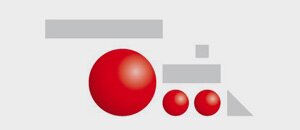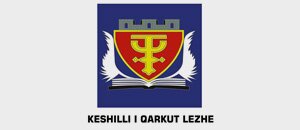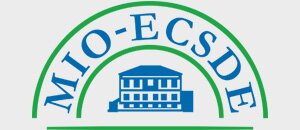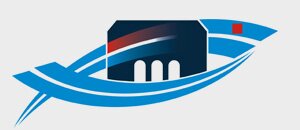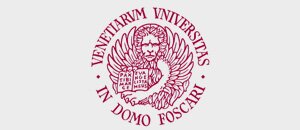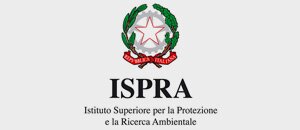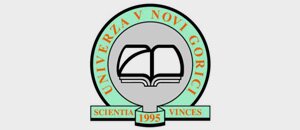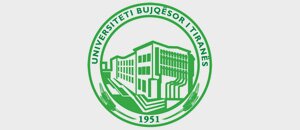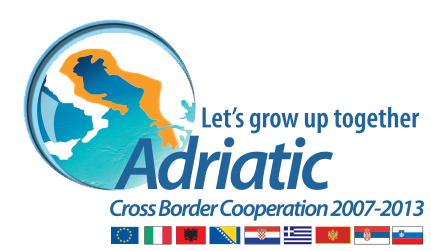Some 85 participants from 20 Mediterranean countries and Belgium and Ireland, were brought together in Tirana, Albania, from 19 to 20 July 2016, to further advance the implementation of the Regional Plan for the Management of Marine Litter in the Mediterranean. The two-day meeting entitled ‘Joint commitment for a marine litter-free Mediterranean Sea’ was organized jointly by UNEP/MAP’s MEDPOL Programme and the IPA-Adriatic funded DeFishGear project.
In his opening remarks the Coordinator of UNEP/MAP Mr. Gaetano Leone stressed that ‘moving toward a litter free Mediterranean is a key priority for the region and one of the most important objectives of the UNEP/MAP Midterm Strategy 2016-2021’. He highlighted that the great attendance of the meeting “is a sign of continued commitment to foster our regional cooperation and work in a coordinated manner to achieve the marine litter reduction targets decided by COP 19, including a beach litter reduction of 20% by 2024”.
At the heart of the workshop were the latest trends and findings on marine litter in the Adriatic, Ionian and Mediterranean Seas with regards to amounts, sources, impacts, implications and solutions. Aiming to take the implementation of the Regional Plan for Marine Litter Management in the Mediterranean a step ahead, the workshop offered a platform for participants to present and exchange their experiences and lessons learned from addressing land-based and sea-based sources of marine litter. To this end a series of marine litter related best practices were featured including: the establishment of derelict fishing gear management schemes in ports; fishing for litter activities; targeted recovery of ghosts nets; piloting business scenaria within a circular economy context; applying the no-special fee and other related systems in ports; implementing plastic bag levies; establishing deposit/refund schemes for beverage packaging; setting up extended producer responsibility schemes; putting in practice the adopt-a-beach measure, etc.
The meeting was also the closing event of the DeFishGear project, which had the opportunity to share the collective experience gained from its 3-year long actions implemented on the science-policy-society interface for a litter free Adriatic and Ionian coast and sea. This has ranged from addressing the marine litter knowledge gaps to piloting concrete measures, ultimately facilitating effective decision making.
The added value of the DeFishGear project in providing a strategic input towards tackling marine litter was highlighted by Mr. Leone who said ‘With its focus on the coordination and harmonization of actions on the science-policy-society interface in addressing marine litter issues in the Adriatic-Ionian macroregion, this project is in many respects showing the way in the definition and implementation of responses for litter-free coasts and sea’.
The meeting was organized with the support of the Agricultural University of Tirana and MIO-ECSDE.
We are pleased to announce that the IPA-Adriatic funded DeFishGear project together with UNEP/MAP’s MEDPOL Programme are organizing a regional meeting on further advancing the implementation of the Regional Plan for the Management of Marine Litter in the Mediterranean. The meeting, entitled ‘Joint commitment for a marine litter-free Mediterranean Sea’ will take place in Tirana, Albania, from 19 to 20 July 2016.
At the heart of the workshop will be the latest trends and findings on marine litter in the Adriatic and the Mediterranean Seas with regards to amounts, sources, impacts, implications and solutions. Aiming to take the implementation of the Regional Plan for Marine Litter Management in the Mediterranean a step ahead, the workshop will offer a platform for participants to present and exchange their experiences and lessons learned from addressing land-based and sea-based sources of marine litter. To this end a series of marine litter related best practices will be explored including: the establishment of derelict fishing gear management schemes in ports; fishing for litter activities; targeted recovery of ghosts nets; piloting business scenaria within a circular economy context; applying the no-special fee system in ports; implementing a plastic bag levy; establishing deposit/refund schemes for beverage packaging; setting up extended producer responsibility schemes; putting in practice the adopt-a-beach measure, etc.
The DeFishGear project will have the opportunity to share the collective experience gained from its 3-year long actions implemented on the science-policy-society interface for a litter-free Adriatic Sea. This has ranged from addressing the marine litter knowledge gaps to piloting concrete measuress, ultimately facilitating effective decision making.
Deadline for registration is: 30 June 2016.
Major initiatives aiming to tackle marine litter in the Mediterranean and how these initiatives are contributing to the implementation of the Regional Action Plan on Marine Litter Management in the Mediterranean was the focus of a Barcelona Convention COP19 side event organised by MIO-ECSDE jointly with UNEP/MAP.
Entitled “Tackling marine litter in the Mediterranean” it took place on the 1st day of the COP, which is taking place in Athens, Greece from 9-12 February 2016, and offered a sense of relief that important steps and actions on this serious challenge have been taken in the region. The event brought together some 40 participants who had the opportunity to be informed about capitalizing on the cutting edge outputs, best practices and lessons learned of these initiatives, as well as on how these can be expanded and replicated in order to serve the needs of other Mediterranean countries.
The event was opened by UNEP/MAP MEDPOL Programme Officer Tatjana Hema, who presented the key findings of the Marine Litter Assessment in the Mediterranean, a report updated in 2015. MIO-ECSDE Programme Officer, Thomais Vlachogianni, in her intervention stressed the key role of Civil Society in the implementation of the Regional Plan, including their contribution from awareness raising activities to filling in the knowledge gaps that stand in the way of effective decision making. She presented four major initiatives tackling marine litter in the region where MIO-ECSDE and several of its members and partners have a key role, namely the:
- Regional Survey on abandoned, lost or discarded fishing & ghost nets in the Mediterranean sea;
- FP7 project “MARine LItter in Europe’s Seas: Social AwarenesS and CO-Responsibility (MARLISCO)” funded by the European Union;
- IPA Adriatic project Derelict Fishing Gear Management System in the Adriatic Region (DeFishGear) co-funded by the European Union;
- The Plastic Busters initiative for a Mediterranean litter-free, heading for UfM labelling next week.
A new flick on the collective achievement of the Regional Action Plan on Marine Litter Management in the Mediterranean was also launched, soon to be available on various media channels.
Within the framework of the DeFishGear project, MIO-ECSDE carried out its last set of beach litter surveys in Thesprotia, Greece, on 12-15 January 2016. Extraordinary observations were made at the site of Arrilas beach, where large amounts of microplastics, mainly polysterene microparticles from fish boxes were recorded. These observations will be included in the results of the pilot ‘monitoring’ activity on amounts, composition and potential impacts of marine litter, expected to be published early in 2016.
The previous sets of surveys took place in winter (November 2014), spring (March 2015) and summer (July 2015). Based on the beach monitoring methodology prepared by MIO-ECSDE in collaboration with other DeFishGear partners, six sites were selected taking into consideration their location (vicinity to ports, river mouths, tourist destinations, coastal urban areas, remote areas) and other features related to morphology, accessibility, etc. The sites – located at Valtos (Parga), Arrila beach (Perdika), Mega Ammos (Syvota), Drepano (Igoumenitsa), Kalamas estuary and Sagiada beach – were also chosen because of the input received from the Management Body of Kalamas – Acherontas Rivers, who also granted the MIO-ECSDE team with the necessary permission to perform the surveys in three locations within the protected area.
The results of the one-year-long beach litter surveys will contribute to the identification of risks in the area related to litter that ends up in the marine environment originating from different on- and off-shore human activities (e.g. inadequate urban solid waste management at all stages, discharge of untreated municipal sewage, commercial fishing, etc.) and will subsequently facilitate the work of the Management Body, as well as of the local authorities to identify prevention and mitigation actions to tackle marine litter. It should be noted that MIO-ECSDE and Accademia del Leviatano have undertaken floating litter surveys in the area, while the other Greek DeFishGear partner, the Hellenic Centre for Marine Research, is carrying out marine litter monitoring activities on beaches, seafloor and biota in the area of Corfu.
For more info contact: Thomais Vlachogianni, This email address is being protected from spambots. You need JavaScript enabled to view it.
On the 24th of July, ISPRA organised a short Conference titled "Participatory Research and Protection of Environment". The Conference was organised under the umbrella of two projects financed by the European Union - GAP2 and the DeFishGear. It was organised at the EXPO pavilion "AQAE Venezia 2015", and it focused on positive experiences of joint work of fishermen from Chioggia and researchers of ISPRA in the scope of two activities:
- Monitoring of fish resources within GAP and GAP2 project
- Fishing for Litter within DeFishGear project
The Conference gathered fishermen, researchers of ISPRA but also another partner of the DeFishGear project - Ca'Foscari University of Venice, representative of the Veneto Region and IPA Adriatic project Ecosea.
The DeFishGear project researchers presented the importance of involving the fishermen in all sea-related issues. Concrete examples of the significance of their involvement were given through the presentation of the "Fishing for Litter" activities implemented within the DeFishGear project, in which they had an active role. Interesting discussion between researchers and fisherment followed the presentation. The overall conclusion of the conference was that a comprehensive approach is needed when the sea-related issues are concerned.
Posters made by children during the "Marine Litter Course" were also exhibited during the Conference.


